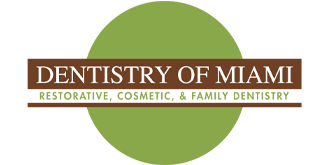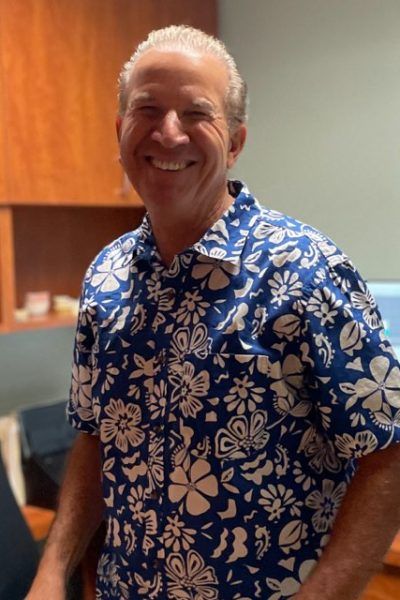Mouthwash is more than just a solution for fresh breath. It’s a powerful tool in the arsenal of oral hygiene, but knowing when and why to use it can significantly enhance its benefits. At Dentistry of Miami, Drs. Eduardo Solorzano and Randy L. Furshmann emphasize the importance of incorporating mouthwash into your dental care routine correctly. This comprehensive guide will delve into the timing and reasoning behind using mouthwash, providing you with the knowledge to use it most effectively.
1. Mouthwash: Not Just for Fresh Breath
Beyond Fresh Breath: While freshening breath is a well-known benefit, mouthwash offers much more. It can reduce the risk of cavities, combat plaque, and aid in preventing gum disease.
Active Ingredients and Their Benefits: Fluoride mouthwashes help in remineralizing teeth, thus preventing tooth decay. Antiseptic options target oral bacteria, reducing plaque and inflammation, which can lead to gingivitis.
2. Timing Is Everything: When to Use Mouthwash
After Brushing and Flossing: Using mouthwash immediately after brushing can wash away the concentrated fluoride in the toothpaste. A good practice is to use mouthwash at a different time, perhaps after lunch or dinner.
Avoid Eating and Drinking After Use: To allow the active ingredients in the mouthwash to work effectively, it’s advisable to avoid eating and drinking for at least 30 minutes after using mouthwash.
3. Choosing the Right Mouthwash for Your Needs
Therapeutic vs. Cosmetic Mouthwashes: Therapeutic mouthwashes contain active ingredients that help treat dental issues, while cosmetic mouthwashes primarily provide temporary relief from bad breath.
Alcohol-Free Options: For those who experience dry mouth or are sensitive to alcohol, alcohol-free mouthwashes are an excellent choice as they are less drying.
4. Mouthwash as Part of a Comprehensive Oral Hygiene Routine
Supplement, Not Substitute: It’s crucial to remember that mouthwash is a supplement to brushing and flossing, not a replacement. It can reach areas that a toothbrush or floss might miss, thus enhancing overall oral hygiene.
Consultation with Your Dentist: Always consult with your dentist to choose a mouthwash that suits your specific oral health needs, especially if you have sensitive teeth, braces, or other dental work.
5. Incorporating Mouthwash into Your Daily Life
Making It a Habit: Integrating mouthwash into your daily oral hygiene can be easy. Find a time that works best for you, ensuring it doesn’t clash with your tooth brushing routine.
Monitoring Changes in Oral Health: Pay attention to how your mouth reacts after using mouthwash. Any discomfort or unusual symptoms should be discussed with your dentist.
6. Expert Care for Your Oral Health: Dentistry of Miami
Tailored Oral Health Strategies: Drs. Solorzano and Furshmann at Dentistry of Miami understand that every individual’s oral health is unique. We offer tailored advice and strategies, including the use of mouthwash, to fit your specific needs.
Staying Informed and Equipped: The field of dental care is always advancing, and so are the products available. We stay informed about the latest developments in oral healthcare to ensure our patients receive the best possible advice and care.
Empowering Your Oral Hygiene Practice
In conclusion, understanding the when and why of using mouthwash is essential for maximizing its benefits as part of your oral hygiene routine. At Dentistry of Miami, we are dedicated to guiding you in every aspect of your dental health. For personalized advice or to schedule an appointment, call us at 305-598-2622.
Sources:
- American Dental Association. (2024). “Mouthwashes.” [https://www.ada.org/en/member-center/oral-health-topics/mouthrinse]
- Journal of Clinical Periodontology. (2024). “Effectiveness of Mouthwash in Oral Health.” [https://onlinelibrary.wiley.com/journal/1600051x]
- National Institute of Dental and Craniofacial Research. (2024). “Oral Health in America.” [https://www.nidcr.nih.gov/research/data-statistics/oral-health]


